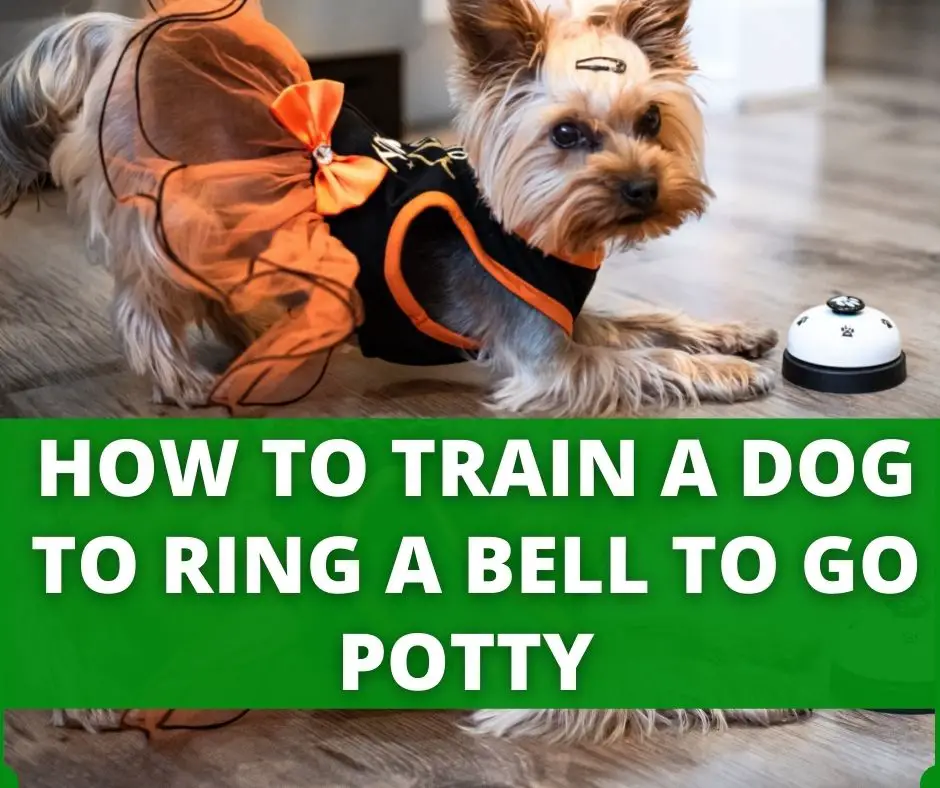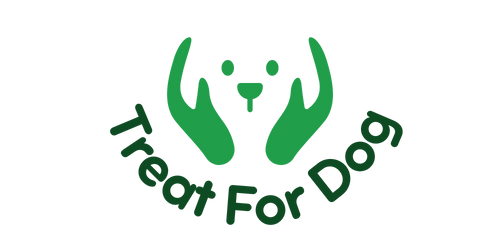If you find yourself exasperated with your 12 week old puppy’s inability to grasp the concept of potty training, know that you’re not alone. The frustration of constant accidents can make even the most patient pet parent want to pull their hair out. It’s important to remember, however, that every pup learns at their own pace, and some may take longer than others to become reliably potty trained. In this article, we’ll delve into the reasons why your 12 week old puppy might still be struggling with this essential skill and explore some effective tips to help speed up their progress. So, take a deep breath, grab a cup of tea, and let’s tackle this potty training challenge together.
Table of Contents
Why Is My 12 Week Old Puppy Still Not Potty Trained?
Having a new puppy is exciting, but it can also be a challenging experience, especially if your 12-week-old puppy is still not potty trained. If you find yourself constantly cleaning up accidents and wondering why your furry friend isn’t catching on, don’t worry; you’re not alone.

Source howtopottytrainapuppy.net
1. Age and Development
One of the main reasons your 12-week-old puppy may still be struggling to become fully potty trained is their age and stage of development. Just like human babies, puppies take time to learn and understand proper bathroom habits. At 12 weeks old, they are still very young and may not have developed sufficient bladder and bowel control.
2. Consistency in Training
Consistency is key when it comes to potty training your puppy. Are you consistently following a set routine and schedule? Dogs thrive on routines, and by maintaining a consistent potty training schedule, your puppy will start to understand when and where they should eliminate. Ensure you take them outside frequently, especially after meals, naps, and playtime.
3. Reinforcement and Rewards
Puppy training involves positive reinforcement. Have you been rewarding your puppy each time they eliminate in the designated potty area? Praise and rewards, such as treats or verbal affirmations, create positive associations with desired behavior. It motivates your pooch to repeat the behavior more willingly.
4. Understanding Your Puppy’s Signals
Recognizing your puppy’s elimination signals is crucial for successful potty training. Even though accidents may happen, paying attention to signs like sniffing, circling, or restlessness can help you anticipate when they need to go. When you notice these behaviors, swiftly guide them to their designated potty spot.
5. Frequent Bathroom Breaks
Young puppies have small bladders and need to relieve themselves more frequently. Ensure you take your 12-week-old puppy outside every 1-2 hours, even during the night, to minimize accidents. By allowing regular bathroom breaks, you set your pup up for success by providing ample opportunities to do their business in the appropriate area.
6. Cleaning Accidents Correctly
Mistakes are an inevitable part of the potty training process. However, how you clean up these accidents can impact your puppy’s progress. Avoid using ammonia-based cleaners, as they can mimic the scent of urine and encourage repeat accidents in the same spot. Opt for enzymatic cleaners specifically designed to eliminate odors.
7. Supervision and Crating
When you don’t have your eyes directly on your puppy, it’s important to provide proper supervision through crating or containment. This prevents them from wandering off and having accidents in hidden corners of your home. Make the crate a positive and comfortable space so your pup feels secure when you’re temporarily unable to watch them.
8. Patience and Time
Potty training is a process that requires patience and time. Every puppy learns at their own pace, and while some may catch on quickly, others may take longer. It’s crucial to remain patient and avoid punishment when accidents occur. Consistent positive reinforcement and gentle guidance will yield better results in the long run.
9. Health Issues or Undeveloped Bladder
In certain cases, a 12-week-old puppy may have underlying health issues or an undeveloped bladder, which can hinder potty training progress. If you’ve followed all the necessary steps and your puppy still isn’t showing improvement, consulting a veterinarian is recommended. They can rule out any potential health concerns that might be causing the delay.
10. Seeking Professional Help
If you’ve tried all the tips and tricks but still haven’t achieved potty training success with your 12-week-old puppy, it may be beneficial to seek professional help. Trainers experienced in canine behavior can provide personalized guidance and create a training plan specifically tailored to your puppy’s needs.
Remember, potty training takes time, consistency, and understanding. Your 12-week-old puppy is still learning, so be patient, and keep working at it. With the right approach and a lot of love, your furry friend will eventually become fully potty trained, bringing you both much relief and a stronger bond.
1. Common Challenges with Potty Training
Potty training a 12-week-old puppy can be a challenging task, and many pet owners often struggle with it. Understanding the common challenges faced during this phase can help you tackle them effectively.
One of the primary challenges is the puppy’s small bladder size. At this age, puppies have limited bladder control, which means they need to relieve themselves frequently. Expecting them to hold it for long periods is unrealistic and can lead to accidents.
Another common challenge is the puppy’s limited understanding of where they should eliminate. They haven’t fully grasped the concept of potty training yet and may not associate going outside or on a pee pad with the appropriate behavior. Consistent reinforcement is crucial during this phase.
2. Consistency is Key
Consistency is an essential factor when potty training your 12-week-old puppy. Establishing a routine and sticking to it will help them understand what is expected of them. Here are a few key elements to consider:
1. Regular schedule: Create a consistent feeding schedule and take your puppy out for potty breaks shortly after meals. Their digestive system works within a predictable timeframe, so anticipate when they’ll need to go.
2. Frequent trips outdoors: Take your puppy outside to their designated potty area every 1-2 hours, especially after naps, playtime, or consuming water. This will minimize accidents indoors and reinforce the desired behavior.
3. Supervision: Keep a close eye on your puppy when they are indoors. Use baby gates or a crate to confine them to a smaller area where they are less likely to have accidents. This also enables you to notice any signs that they need to eliminate.
4. Positive reinforcement: When your puppy successfully eliminates outside or on their designated pee pad, praise them and offer treats or affection. Positive reinforcement helps them understand that they are doing the right thing.
5. Accidents happen: Despite your best efforts, accidents are bound to happen. Instead of scolding or punishing your puppy, recognize that it’s part of the learning process. Clean up accidents using an enzymatic cleaner to remove any lingering scents.
3. Adjusting the Environment
Creating a suitable environment for your puppy can significantly aid in potty training. Consider the following factors:
1. Limited access: Until your puppy is fully potty trained, restrict their access to certain areas of your home. This prevents them from having accidents in spaces where you cannot supervise them.
2. Remove tempting items: Puppies have a tendency to chew on anything they find interesting, including carpets or rugs. Temporarily remove any objects or floor coverings that may entice them to relieve themselves indoors.
3. Utilize confinement tools: Crates and playpens can be valuable tools during the potty training phase. When properly introduced and used, they can create a safe and comfortable space for your puppy and prevent accidents when you can’t directly supervise them.
4. Consistent elimination spot: Designate a specific area in your yard for potty breaks. The consistent scent will help reinforce the desired behavior each time your puppy goes there.
5. Introduce pee pads or litter boxes: If you’re training your puppy to use indoor potty options, place pee pads or litter boxes in a consistent location. Gradually reduce the size of the area covered by the pads as your puppy learns to use a specific spot.
4. Identifying and Addressing Potential Issues
Sometimes, potty training challenges can arise due to underlying issues. Here are a few potential problems and ways to address them:
1. Medical issues: If your puppy continues to struggle with potty training despite your consistent efforts, consult a veterinarian. Urinary tract infections or other medical conditions could be contributing factors.
2. Separation anxiety: Some puppies may have accidents when left alone due to anxiety. Gradual desensitization to alone time and providing interactive toys or comfort objects can help alleviate this issue.
3. Environmental distractions: Your puppy may be distracted by noises, unfamiliar surroundings, or the presence of other animals outside. Minimize distractions during potty breaks to help them focus on the task at hand.
4. Fear of outdoor elimination: Some puppies may display fear or reluctance to eliminate outside, especially in unfamiliar areas. Gradually introduce them to new environments and reassure them with treats and praise when they eliminate in those locations.
5. Incomplete housebreaking: If your puppy is occasionally successful with potty training but still has accidents, they may not understand the boundaries. Consider revisiting the basics of training and reinforcing the desired routine.
5. Patience and Persistence
Potty training a 12-week-old puppy requires patience and persistence. Each puppy is unique, and progress may vary. Remember to stay calm, consistent, and positive throughout the process. Celebrate each success and learn from any setbacks. With time, effort, and a supportive approach, your puppy will eventually become fully potty trained, providing relief for both of you.
| Common Challenges | Addressing Challenges |
|---|---|
| Puppy’s small bladder size | Take them out frequently and anticipate their needs. |
| Understanding where to eliminate | Consistent reinforcement and positive rewards. |
| Consistency is Key | |
| Regular schedule | Create a predictable routine for your puppy. |
| Frequent trips outdoors | Take them out regularly, especially after meals. |
Thanks for reading and don’t give up on your 12 week old puppy!
If you’ve made it to the end of this article, congratulations! It’s not an easy task to tackle potty training a young pup, but with time, patience, and consistency, you’ll get there. Remember, every puppy is different, and just because yours hasn’t mastered it yet doesn’t mean they won’t eventually. Keep working on establishing a routine, rewarding good behavior, and cleaning up accidents promptly. And if you need any more tips or advice in the future, don’t hesitate to visit us again. We have a whole collection of articles dedicated to helping puppy parents like you! So, keep reading, keep learning, and keep enjoying the journey of raising your furry friend.
 Treat For Dog – Brain Training for Dogs, Dog Training & Obedience Discover Treat For Dog and get your pup on the path to smarter, happier, and healthier living with brain training for dogs.
Treat For Dog – Brain Training for Dogs, Dog Training & Obedience Discover Treat For Dog and get your pup on the path to smarter, happier, and healthier living with brain training for dogs.



